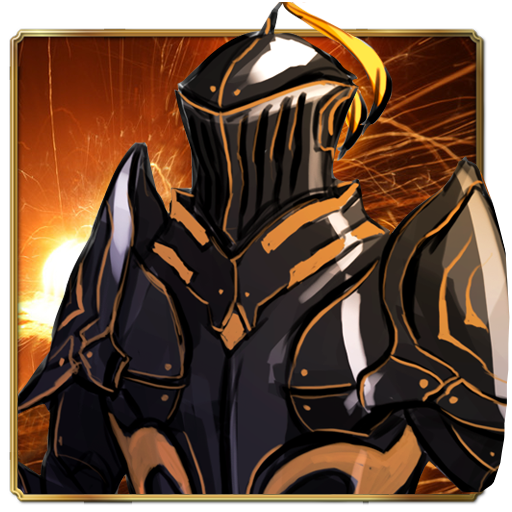Unlike TheHoff, you
can call me "Mr. OOP".

First, some definitions:
"virtual inheritance" is what you have when you have a diamond-shaped inheritance pattern. In this case, derived classes are declared like so: class B : virtual public A. This is not what you have here, i.e. you're using the wrong terminology. You're just using virtual functions, which is a part of inheritence.
The way inheritance should work is that the the base class decides the interface (i.e. public functions) for all derived classes. You can add on to the public function list, which is what you do when you overload a function . A function overload is not the same function at all--it's a completely new function.
When you add a function in such a way in the derived class, the base class has no knowledge of it, so there is no way to get to that function via the base class pointer. This is why your base class call to the function is looking for a fillPossibleMoves function with no parameters--because that's how you declared the function in the base class (fillPossibleMoves (void)).
The solution is this: anything you want to be able to do through the base class pointer (Piece*)
must be declared that way in the base class. If you want fillPossibleMoves to accept the entire board and a direction, then it must be declared that way in the base class:
class Piece
{
public:
void fillPossibleMoves (Piece* board[8][8], Point dir);
};
Furthermore, each derived class must declare the function exactly this way; otherwise, you'll be creating a new function in the derived class and the base class pointer will have no way to access it.
Also, if you're never going to create an object of type Piece, and will only have pointers to Piece, I'd suggest making the above function empty:
void fillPossibleMoves (Piece* board[8][8], Point dir) = 0;
This will make Piece an abstract class, and the base class version of fillPossibleMoves will never be called because it doesn't exist. Furthermore, derived classes MUST override this function or they cannot be created.
Edited by - Stoffel on August 22, 2000 1:24:23 PM
 "Don''t meddle in the affairs of wizards, for they are subtle and quick to anger."
"Don''t meddle in the affairs of wizards, for they are subtle and quick to anger."






